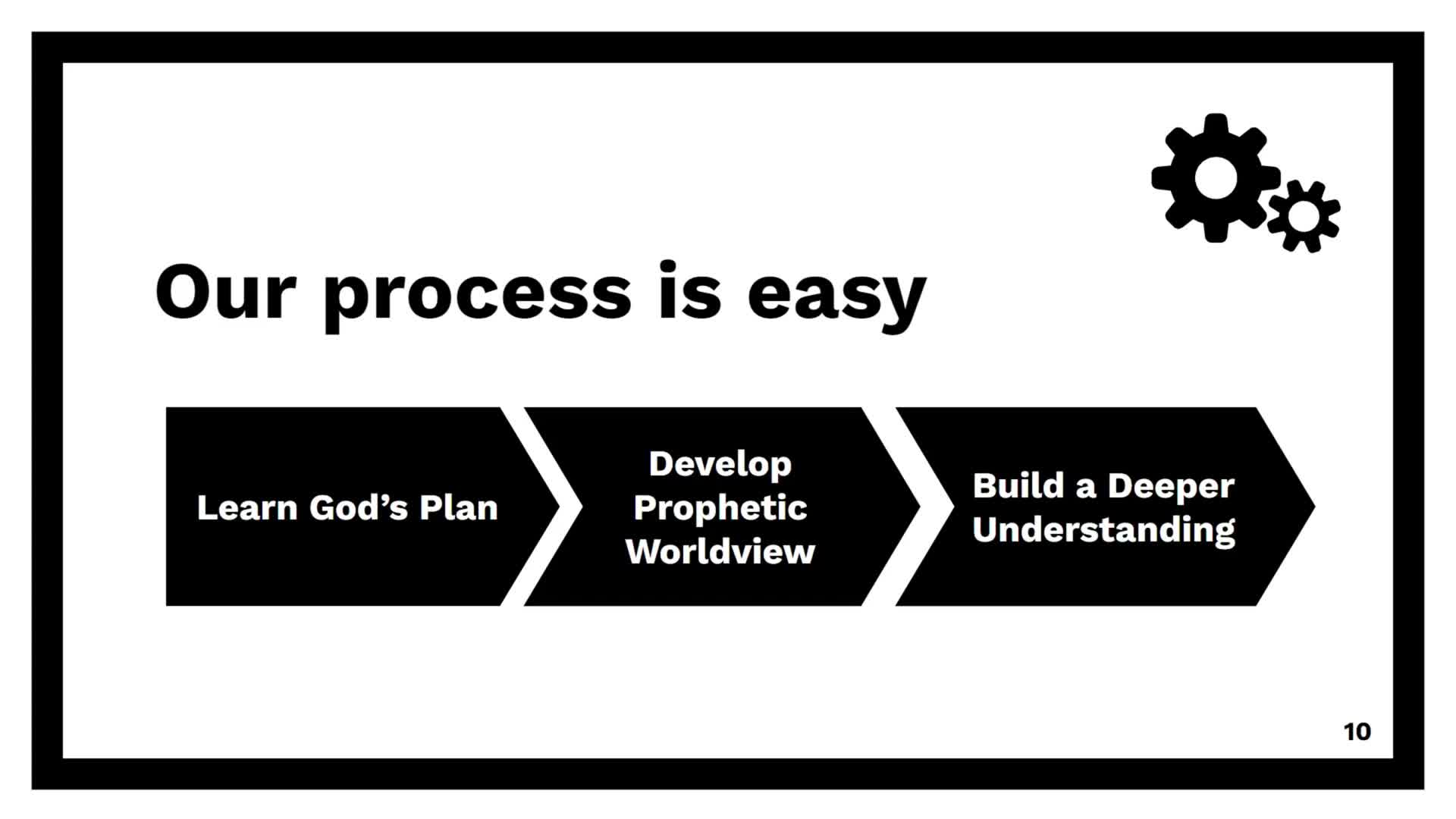Understanding Faith How Does It Work
You can download a PDF of the workbook here 👇
https://drive.google.com/file/d/1qPJYLGrADwSGsr9O_kyUaO3V0aLCddZv/view?usp=drive_link
Welcome to this section ... Before we begin I want you to understand that building your Faith is a lifelong process. There is no one quick solution.
It is normal to have ups and downs just like with anything in life but I believe that we can equip ourselves with the right tools to help us when we have those down times. More importantly when we are feeling good and our spiritual life is going well we can use these tools to really get the most out of it. I recommend that you go back through this course from time to time and use it as a faith booster when needed
We all need motivation at different times.
Note to remember: Some of what is discussed in these lessons may seem repetitive at times over lap but that is the point. To really learn something it helps to hear or see it over and over. The more we see or hear something the better chance we have of remembering it.
More importantly then that we want to re program our habits around our mindset and ultimately our faith to do these new behaviors without thinking about it. That's the goal for us all !
In this lesson we will discuss
How faith works exactly
the nature of faith with a few examples
Faith is a big part of many people's lives. It's like having a strong belief or trust in something, even if you can't see it or prove it. It's a personal thing that can affect how we think, what we do, and how we see the world.
So, how does faith work? Well, it's all about trusting and believing in things, even when we can't see them. It helps us feel confident, even when things are tough, and gives us a sense of purpose and meaning in life. And while we often talk about faith in terms of religion, it's more than that—it's about finding trust and hope in different parts of our lives.
Faith isn't just about religious beliefs—it's about believing in something bigger than ourselves. It can help us get through hard times, make tough decisions, and grow as people. By holding onto faith, we can find strength in difficult moments, stay hopeful about the future, and find more meaning in our lives overall.
The Nature of Faith
At its core, faith is a deeply personal experience that varies from person to person, shaping their perceptions, attitudes, and actions. It can be rooted in religious teachings, philosophical principles, or personal values, providing individuals with a sense of hope, comfort, and guidance, especially during times of uncertainty and adversity. This subjective experience of faith is often influenced by cultural, familial, and societal factors, contributing to its diverse expressions and interpretations across different individuals and communities.
While faith may not always be based on empirical evidence, it is not merely blind belief. Rather, it involves a conscious choice to trust and believe in something or someone beyond oneself. Faith is nurtured through personal experiences, reflection, and the exploration of ideas and beliefs. Individuals may draw upon their religious or spiritual traditions, engage in philosophical inquiry, or seek meaning through personal introspection to deepen their faith and understanding of the world around them.
Moreover, recent advancements in neuroscience have shed light on the effects of faith on the brain and overall well-being. Research in this field suggests that engaging in religious or spiritual practices can have tangible effects on brain function and structure. For instance, studies have found that prayer, meditation, and other faith-based practices can activate regions of the brain associated with emotional regulation, empathy, and social connection. These practices have been linked to reduced stress levels, improved emotional resilience, and enhanced overall mental health.
Here are a few facts that shed light on the significance of faith in our lives:
Universal Phenomenon: Faith is a universal phenomenon that transcends cultural, religious, and geographical boundaries. It is an intrinsic part of human nature and has been present throughout history.
Source of Strength: Faith can provide individuals with inner strength and resilience, enabling them to overcome challenges and find purpose in life.
Enhanced Well-being: Studies have shown that individuals with a strong sense of faith often experience improved mental and emotional well-being. Faith can provide solace, reduce stress, and foster a sense of community and belonging.
Positive Impact on Relationships: Faith can play a crucial role in building and nurturing relationships. Shared beliefs and values can strengthen bonds and create a sense of unity among individuals.
Guidance and Moral Compass: Faith can serve as a guiding force, providing individuals with a moral compass and a framework for making ethical decisions.
Understanding how faith works is a foundational piece to this course. Please go back to this for reference if needed in the lessons to come. Knowing faiths nature will help guide you as we discuss some mindset science and start looking into our thought behaviors later in the course.
To recap in this lesson we covered
How faith works
Faiths nature
An introduction to the brain and how it works
Well Done!
Keep it up👍
Show Transcripts



